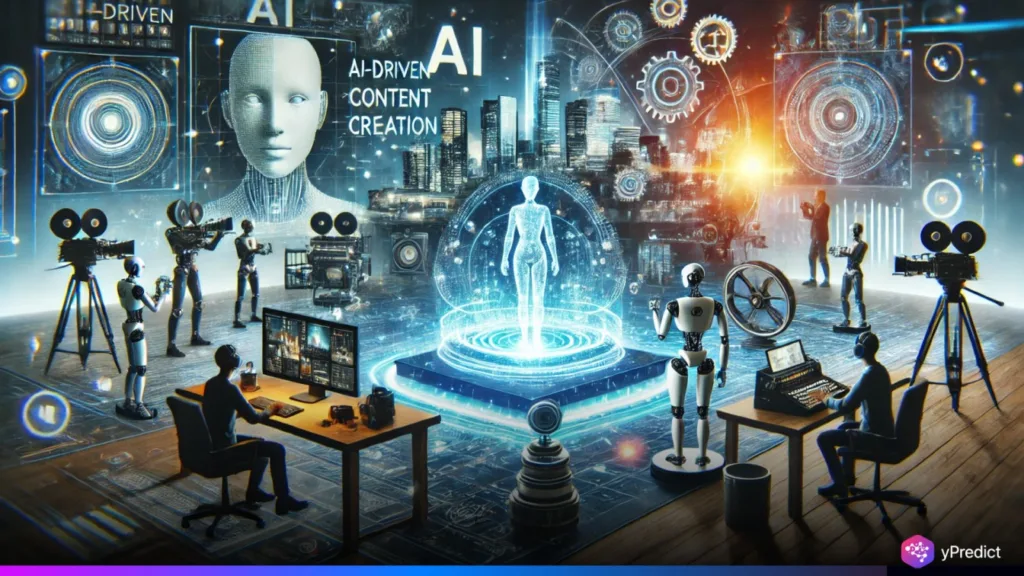
The emergence of artificial intelligence in cinema has raised a furious debate among the key players in the industry. As there were concerns over the threat to creativity and genuineness in the industry. Actors such as Justine Bateman and Ari Aster are being vocal as opponents of generative AI. Citing its dangers to the artistic essence of film. His next CREDO 23 Film Festival in Los Angeles will not have works created through AI. As Baneman prefers to be a protagonist in human-created narratives. In the meantime, Aster warns that AI might substitute the labor-intensive art of image-making with impersonal, on-the-spot creation.
Filmmakers Warn Against Losing Cinema’s Soul to Generative AI
Justine Bateman, an actress and writer/director/producer, is most prominently known for Family Ties. Leading an anti-AI film movement with the CREDO 23 Film Festival. Banning generative AI in the submission, the festival aims at drawing hypothetical submissions relying solely on a human vision and human effort. Bateman claims that regardless of how advanced the AI is. It is impossible to achieve the depth, flaws, and profundity of human works of art.
Ari Aster, who directed Hereditary and Midsommar, has the same concerns but locates them within the context of acute discomfort. He speaks of its products as depraved and insane, and when it creates an image. It does so in a matter of seconds, whereas the artwork that he believes is necessary to cinematic artistry takes days and days of work. What is threatening about AI to Aster is not merely what it makes. But the paradigm shift that it suggests is a cultural change toward speed and efficiency in the place of craftsmanship.
Both filmmakers underline the idea that the power of the cinema lies in the decisions made, errors, and the way people perceive the world by the people who shoot it. They are concerned that when audiences get used to AI-generated movies, they will not appreciate the human skill and thus will just be left with an industry that is efficient and mimicking, and not original and emotionally right.
Global Film Industry Grapples With Ethics, Governance, and Cultural Impact of AI
Opposition to AI goes well beyond the realms of Hollywood. Some leading filmmakers in India, such as Anurag Kashyap and Vikramaditya Motwane, have already spoken out on the dangers of overusing AI to make up stories, and they are worried that it may make stories and filmmaking bland and forgettable. Kashyap stated that, on the one hand, AI could make remakes better, but on the other, it may kill innovation, whereas Karan Johar referred to such content as the orange juice that you can get in a can; it is technically the same, but it does not have the freshness of human ingenuity.
The increasing role of AI has triggered the debate on regulation as well. A demand on filmmakers to adopt transparency when it comes to the use of AI in the submissions is said to be under consideration by the Academy of Motion Picture Arts and Sciences. Although perceived as a step too little, such transparency would make the audience aware of the origins of what they see. But the true test is whether it is possible to keep rules up to date with the constantly evolving technology, particularly as AI offers efficiency in cost and speed of production.
Human-Centered Filmmaking as a Cultural Counterweight to AI
The CREDO 23 Film Festival is one of the initiatives aimed at a conscious effort. To sustain the human aspect in filmmaking. With the prohibition of generative AI, such initiatives are an indication that the comfort of technology should not be at the cost of the creative process. They also represent the discourse about cultural identity, in the sense of encouraging the audience to appreciate flaws. Feelings and views that only human beings can add. Since AI increasingly enters production, there are attempts to protect the soul of cinema. Making sure that it is still humans who wield the pen in the next chapter of movie history.






